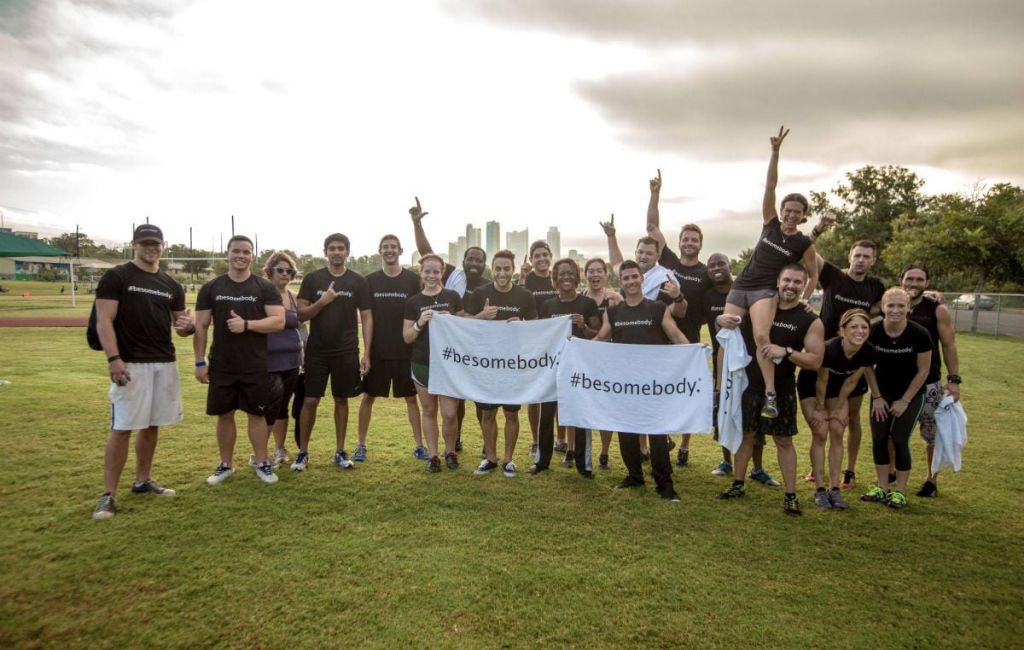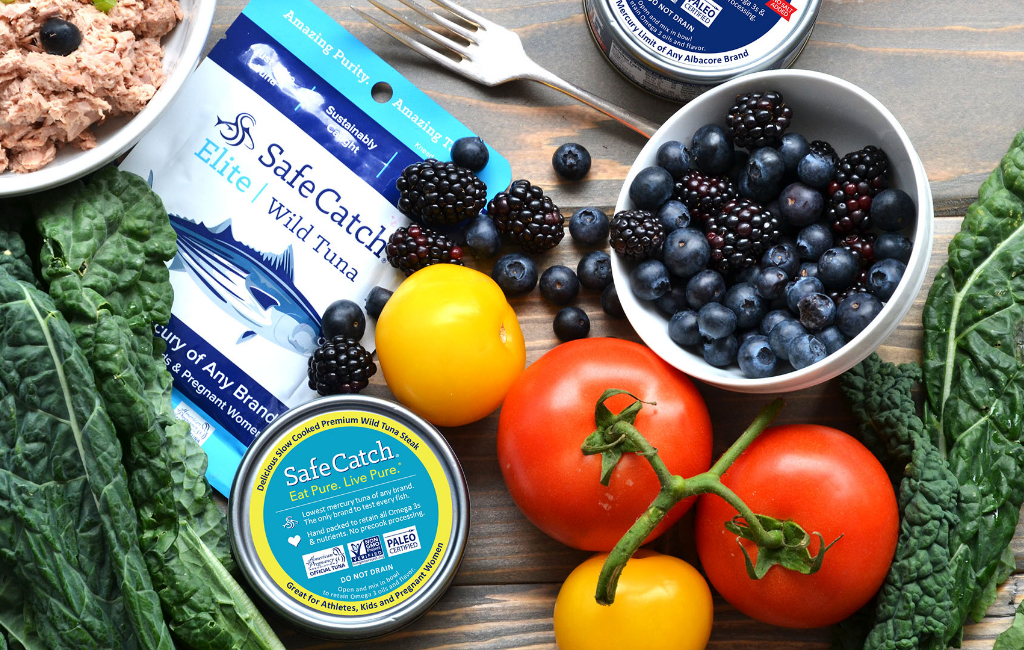Eco Flower – Wooden Flowers
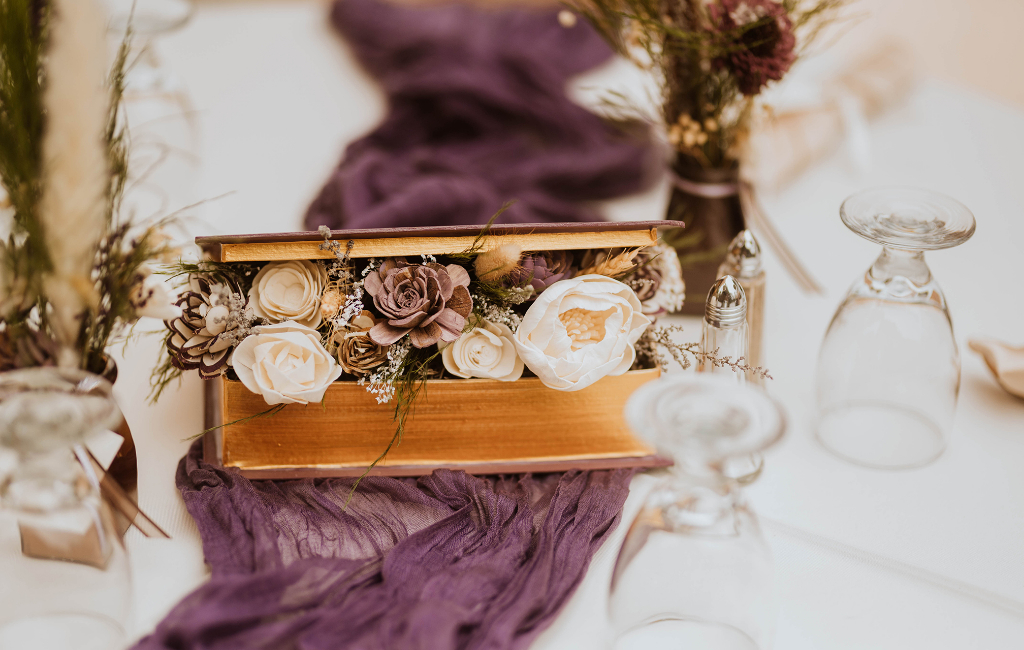

DEAL
EPISODE SUMMARY
🕓 Air Date: November 4, 2016
Asking For:
$400,000 for 10%
Investor:
Daymond John
Deal:
$400,000 for 20%
PRODUCT SUMMARY
Eco Flower offers a sustainable floral solution using recycled materials such as burlap, jute twine, bamboo, book pages, beer bottles, and wine bottles to create long-lasting and environmentally-friendly bouquets and decorations.
WATCH HERE
IN A RUSH?
Click these to jump to the section you want to read.
Background Story
Eco Flower, a flourishing business founded by Meagan Bowman, is rooted in Ogden, Utah. Meagan’s journey into the floral industry began in high school when she sold wood flowers. However, the inspiration for Eco Flower struck after witnessing the ephemeral nature of traditional bouquets — a cycle of receiving flowers, watching them wilt, and disposing of them. Recognizing an opportunity for a sustainable and enduring solution, Meagan embarked on a mission to redefine the floral industry.
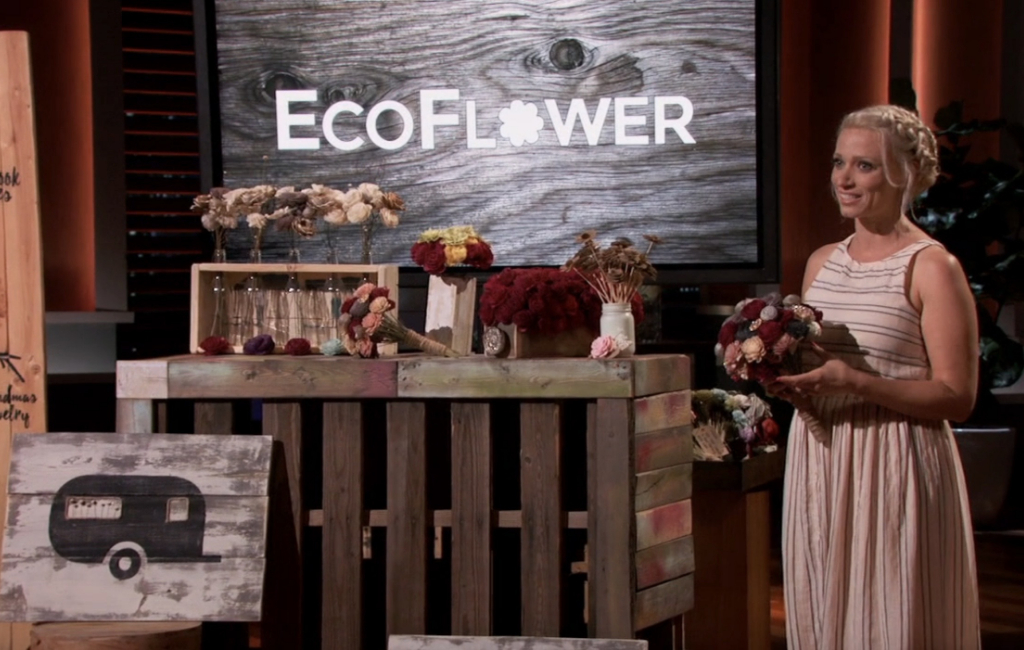
Her entrepreneurial spirit led her to audition for “Shark Tank” just two weeks into launching Eco Flower. Though her initial attempt did not secure a deal, Meagan’s resilience paid off, propelling the company to remarkable success. The founder’s background experience reflects her determination to create a unique and eco-friendly alternative to conventional flowers. Meagan’s innovative approach involves utilizing recycled materials such as burlap, jute twine, bamboo, book pages, beer bottles, and wine bottles to craft timeless bouquets and decorations.
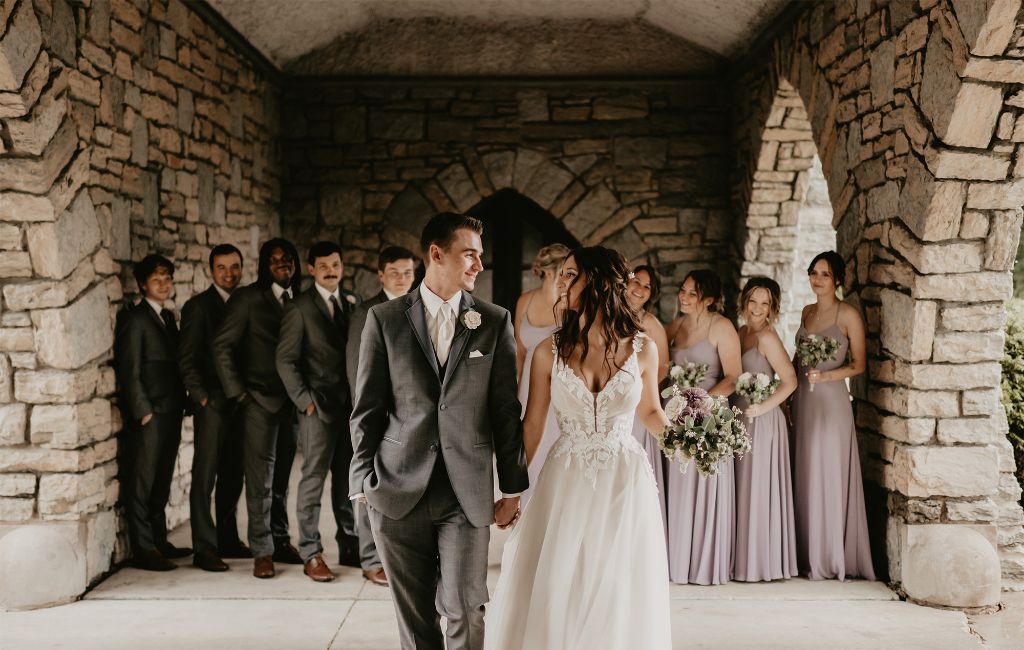
The company’s location in Ogden, Utah, serves as a testament to Meagan’s commitment to making a positive impact in her community. The floral arrangements are not just products; they embody a broader vision of sustainability and lasting beauty, encapsulating Meagan’s journey from a high school entrepreneur to the founder of a thriving business that captivates hearts with its unique and environmentally conscious floral solutions.
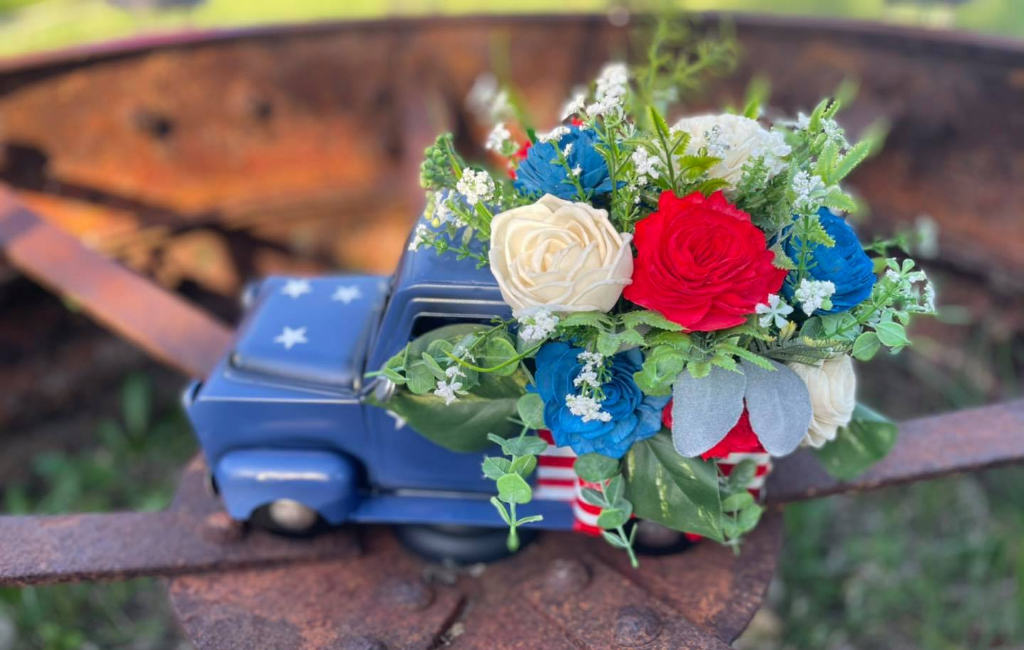
The Product
Eco Flower’s innovative floral arrangements redefine traditional bouquets with their sustainable and everlasting design. Crafted from recycled materials like burlap, jute twine, bamboo, book pages, beer bottles, and wine bottles, these unique flowers not only offer timeless beauty but also contribute to environmental conservation.
The flowers are meticulously created to resemble traditional bouquets, providing customers with an aesthetically pleasing and eco-friendly alternative. The use of recycled materials aligns with the company’s commitment to sustainability, making each arrangement a thoughtful and conscious choice.
Eco Flower’s products are scented, enhancing the sensory experience for recipients. The flowers are available in various styles, including stunning bridal bouquets and decorative pieces suitable for homes and businesses. The scents add an extra layer of charm, making these arrangements not only visually appealing but also engaging multiple senses.
Customers can conveniently purchase Eco Flower’s creations through their website, following a direct-to-consumer model. Bridal bouquets, a popular choice, are priced at approximately $59, offering an affordable yet unique option for weddings and special occasions. This pricing strategy positions Eco Flower as an accessible choice for those seeking sustainable and long-lasting floral arrangements.
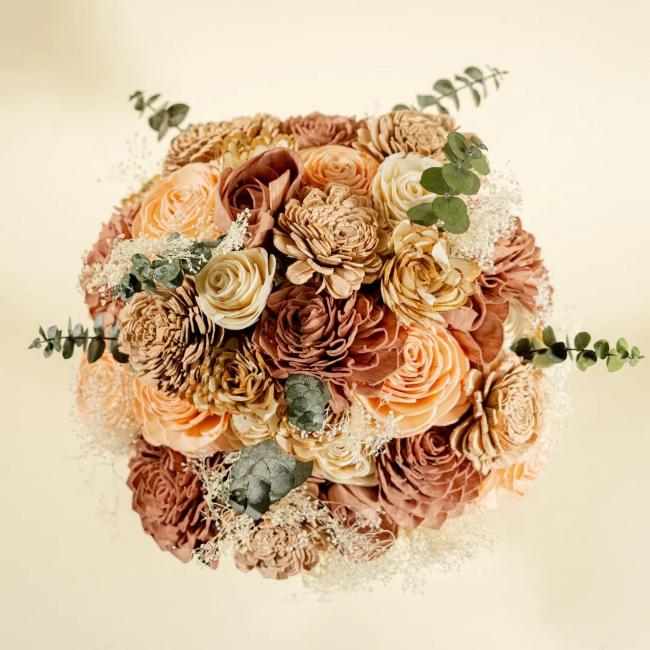
How It Went
The company’s position before Shark Tank
Eco Flower, within its brief existence of a year and a half, has showcased impressive performance, establishing itself as a prominent player in the floral industry. The company’s health is marked by a rapid growth trajectory, achieving lifetime sales of $2.8 million. Operating primarily through its website, Eco Flower has embraced a direct-to-consumer model, allowing it to forge direct connections with its customer base. One notable aspect of Eco Flower’s success is its strategic entry into the wedding industry, with bridal bouquets accounting for a significant portion of its sales.
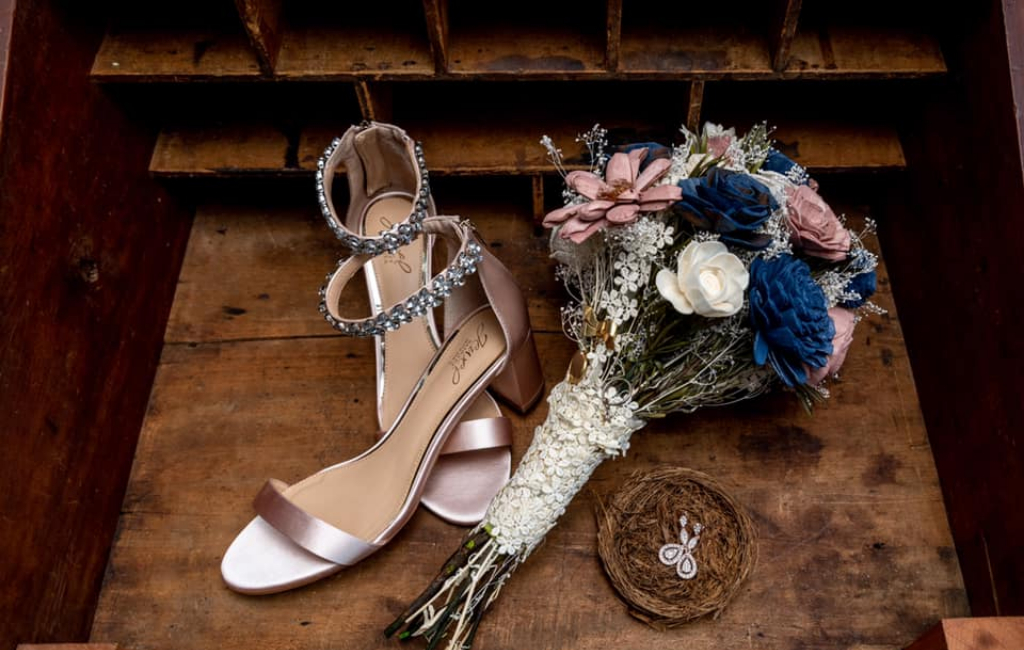
The company’s ability to generate $100,000 in a single day, with $25,000 attributed to wedding sales, underscores its popularity and demand within this niche market. While the company initially faced challenges with production capacity, it strategically managed marketing efforts, as evidenced by a $4,000 ad spend resulting in a remarkable $90,000 increase in sales. Eco Flower’s commitment to sustainability and unique floral offerings has resonated well with customers seeking alternatives to traditional flower arrangements. In terms of funding, Eco Flower’s founder, Meagan Bowman, shared that she initially invested a nominal amount of $700 into the business.
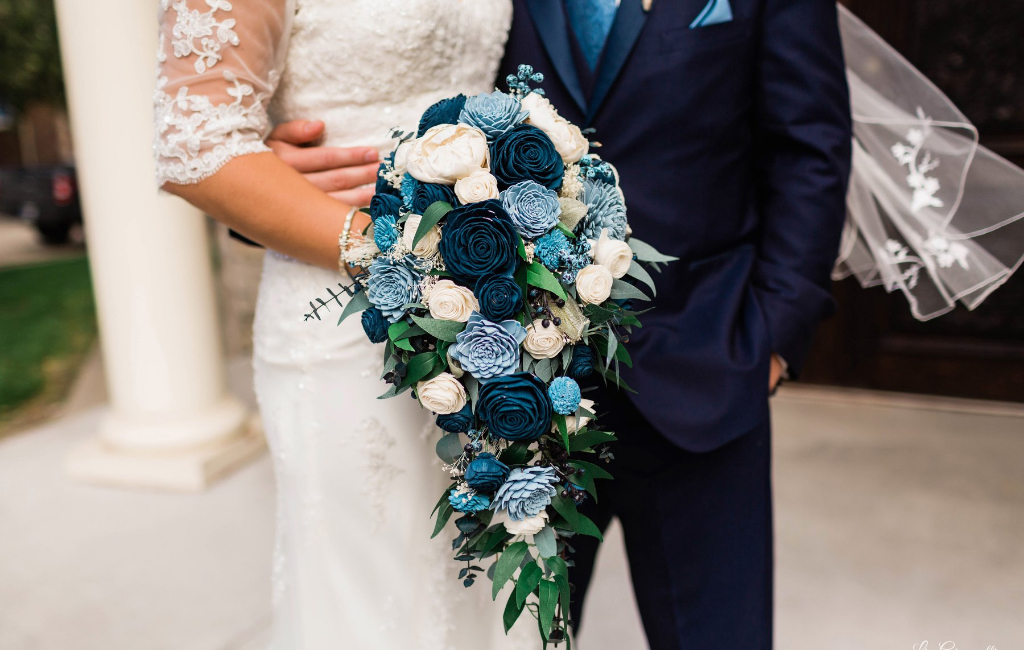
She also secured support from a business partner who contributed $3,000 upfront for inventory and covered Meagan’s rent for a year, obtaining a 25% stake in the company. Additionally, local investment firms injected $30,000 into the business, each obtaining a 25% share, bringing the total ownership dilution to 75%. Eco Flower’s current structure involves Meagan retaining 20% ownership after the deal with Daymond John. While the company has faced dilution challenges in its early stages, Meagan aims to leverage the new investment to potentially buy out existing investors in the future, indicating a strategic move toward regaining control and maximizing equity.
The Negotiations:
The negotiations for Eco Flower on “Shark Tank” unfolded as a rollercoaster of challenges and triumphs. Meagan Bowman, the founder, entered the tank seeking a $400,000 investment in exchange for a 10% equity stake in her company. However, concerns arose when the Sharks discovered that Meagan had previously given away 75% of her company to other investors. While Meagan’s unique and sustainable floral arrangements impressed the Sharks, they were wary of the significant dilution of ownership. Initially, none of the Sharks were willing to entertain Meagan’s proposed deal. Mark Cuban, Kevin O’Leary, Barbara Corcoran, Lori Greiner, and Robert Herjavec expressed reservations about investing in a company with such extensive ownership distribution.

Daymond John, however, saw potential in Eco Flower and recognized the challenges Meagan faced with her existing investors. He offered $400,000 for a 25% equity stake, emphasizing that this deal would potentially allow Meagan to buy out her other investors down the road. This sparked a negotiation where Meagan countered, suggesting a 20% equity stake to make all five partners equal at 5% each. Daymond ultimately accepted the counteroffer, securing a deal with Meagan for $400,000 in exchange for a 20% equity stake in Eco Flower.
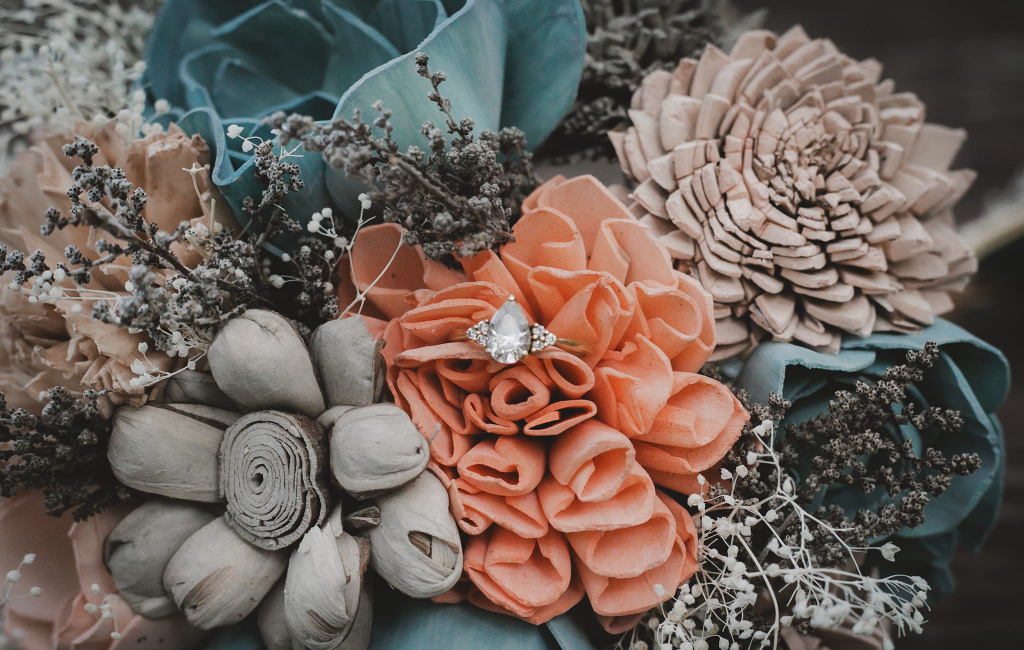
The negotiation highlighted the complexities of ownership and funding challenges faced by early-stage entrepreneurs. While Meagan faced initial reluctance due to previous dilution, Daymond’s willingness to work towards a more equitable distribution resulted in a successful deal that could potentially empower Meagan to regain control and continue growing Eco Flower. The negotiation showcased the importance of adaptability and strategic thinking in securing investment on “Shark Tank.”






